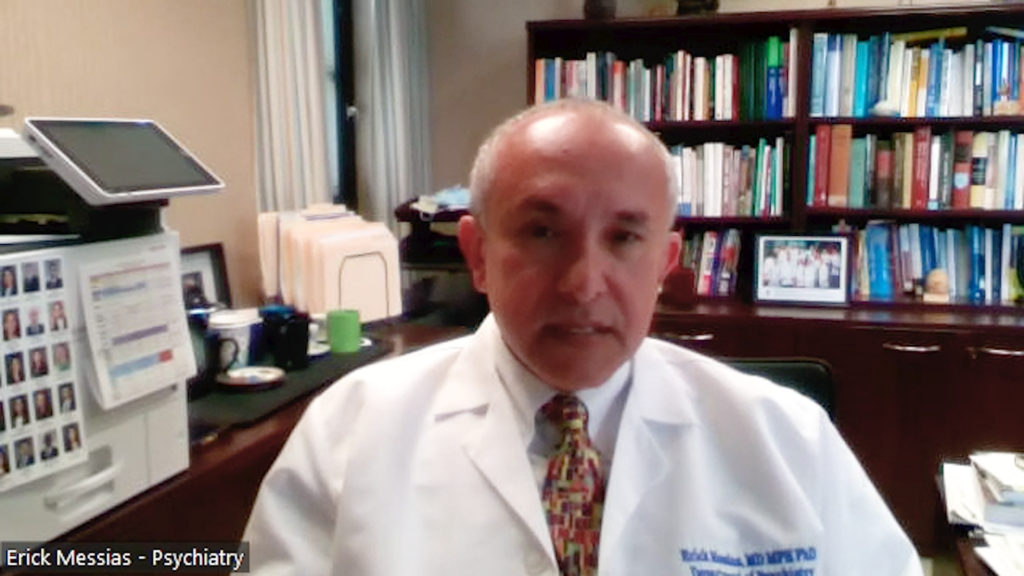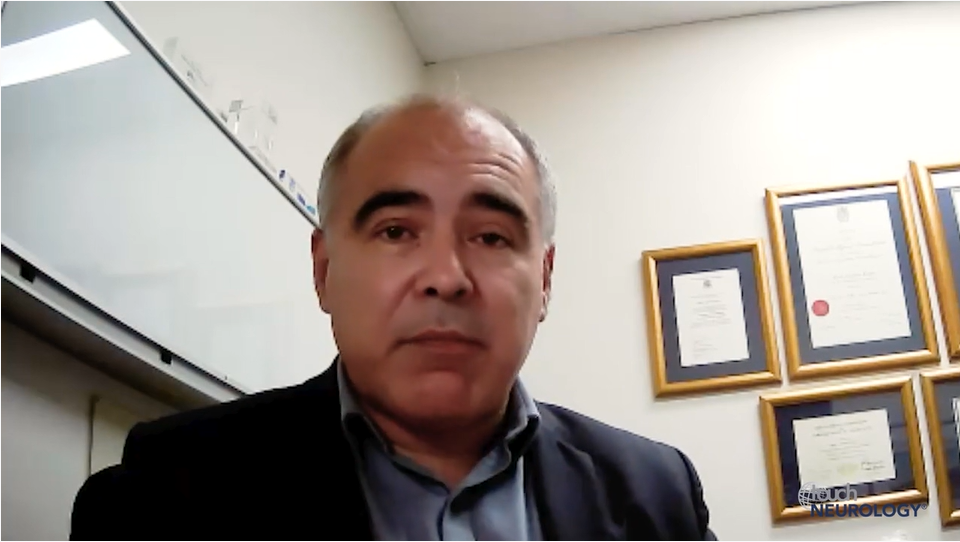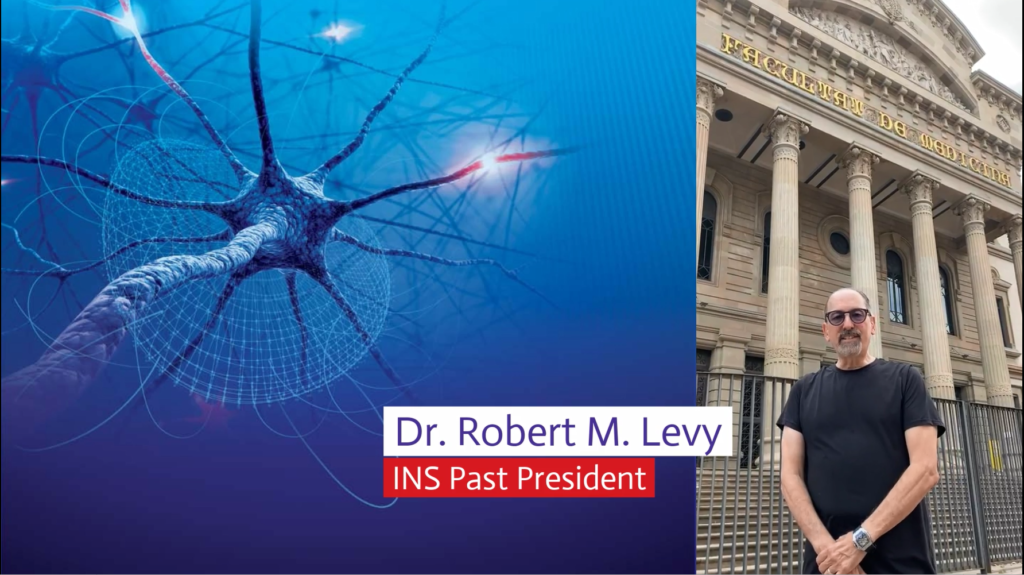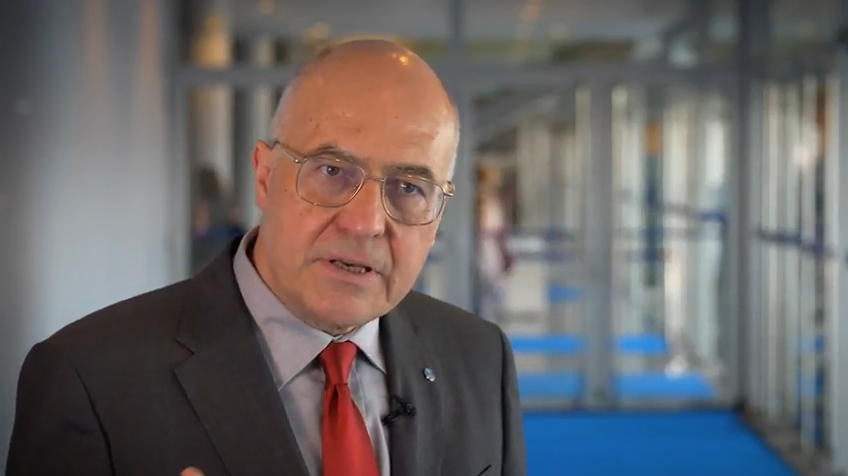The discovery of ketamine’s therapeutic potential for psychiatric disorders changed the field of mental health, since nearly every FDA-approved medication for schizophrenia and mood disorders targeted monoamine signaling, i.e., dopamine, serotonin, and norepinephrine. As ketamine was initially used as an anaesthetic, ketamine’s ability to modulate monoamine signaling pathways emerged, leading to ground-breaking breakthroughs. In this touchNEUROLOGY interview, we speak with Dr John Krystal (Yale University, New Haven, CT, USA) to briefly discuss ketamine’s discovery for treating psychiatric disorders.
Access Prof. John Krystal’s interview on ketamine’s therapeutic potential for psychiatric disorders
The abstract entitled ‘New Biology and New Treatments for Schizophrenia and Mood Disorders: My 30-Year Journey With Ketamine Research‘ was presented at the American Psychiatric Association, 20-24 May 2023, San Francisco, CA, USA.
Questions:
- How did the discovery of ketamine’s rapid antidepressant effects challenge the traditional approach to treating psychiatric disorders targeting monoamine signaling? (0:18)
Disclosures: see below
Support: Interview and filming supported by Touch Medical Media. Interview conducted by Katey Gabrysch.
Filmed as a highlight of APA 2023
Access more content on mood disorders here
Transcript
How did the discovery of ketamine’s rapid antidepressant effects challenge the traditional approach to treating psychiatric disorders targeting monoamine signaling?
Ketamine was really quite a surprising and in some ways shocking discovery. Until ketamine, we were used to antidepressants that targeted monoamine signalling in the brain and that often took several months of treatment in order to have their full effects. When we first gave ketamine to depressed patients in the mid 90s, we were shocked and surprised to see how rapidly people responded. Some people began to feel better within a few hours, and many people felt completely better within 24 hours of their first dose. This was surprising to us. It was equally surprising and hard to believe for the field, and it’s taken many years and many replications to make a very compelling case for people that ketamine really is so rapidly effective and so effective for many patients who have failed to respond to other treatments for their depression.
Disclosures:
John Krystal is a consultant for: Aptinyx, Inc. Biogen, Idec, MA Bionomics, Limited (Australia) Boehringer Ingelheim International Cerevel Therapeutics, LLC Clearmind Medicine, Inc. Cybin IRL (Ireland Limited Company) Enveric Biosciences Epiodyne, Inc. EpiVario, Inc. Evidera, Inc. Janssen Research & Development Jazz Pharmaceuticals, Inc. Leal Therapeutics, Inc. Otsuka America Pharmaceutical, Inc. Perception Neuroscience, Inc. Praxis Precision Medicines, Inc. Spring Care, Inc. Sunovion Pharmaceuticals, Inc. Tetricus, Inc; receives grant/research support from: AstraZeneca Pharmaceuticals provides the drug, Saracatinib, for research related to NIAAA grant “Center for Translational Neuroscience of Alcoholism [CTNA-4] Novartis provides the drug, Mavoglurant, for research related to NIAAA grant “Center for Translational Neuroscience of Alcoholism [CTNA-5] Cerevel provides the drug PF-06412562 for A Translational and Neurocomputational Evaluation of a D1R Partial Agonist for Schizophrenia (5 U01 MH121766-03); on the advisory board for: AE Research Foundation Advisory Board Biogen, Idec, MA Biohaven Pharmaceuticals BioXcel Therapeutics, Inc. (Clinical Advisory Board) Cerevel Therapeutics, LLC Delix Therapeutics, Inc. Eisai, Inc. EpiVario, Inc. Freedom Biosciences, Inc. Jazz Pharmaceuticals, Inc. Neumora Therapeutics, Inc. Neurocrine Biosciences, Inc. Novartis Pharmaceuticals Corporation Perception Neuroscience, Inc. Praxis Precision Medicines, Inc. PsychoGenics, Inc. Takeda Industries Tempero Bio, Inc. Terran Biosciences, Inc. Tetricus, Inc.; and major stock shareholder in: Stock Biohaven Pharmaceuticals Spring Care, Inc. Stock Options Biohaven Pharmaceuticals Medical Sciences Clearmind Medicine, Inc. EpiVario, Inc. Neumora Therapeutics, Inc. Tempero Bio, Inc. Terran Biosciences, Inc. Tetricus, Inc.











